Heating by liquid
The heat transfer fluids used, such as hot water or oil, use their physical heat. In this case, the liquid enters the heat exchanger at elevated temperatures. When the liquid gives off thermal energy, its temperature at the outlet of the heat exchanger decreases. The specific amount of energy is relatively low, usually around 17 kcal / kg.

Steam heating
Saturated steam heat transfer uses the latent heat of vaporization. Steam entering the heat exchanger in a gaseous state releases a large amount of energy during condensation (phase transition). In this case, the liquid condensate leaves the heat exchanger with a temperature close to the saturation temperature. The specific amount of energy can reach 539 kcal / kg.


In terms of heat transfer, the use of latent heat in steam condensation is undoubtedly much more efficient than the use of physical heat (hot water or oil). This provides the following benefits:
| Peculiarity | Advantage |
|---|---|
| Fast and uniform heating through latent heat transfer | Improving product quality and productivity |
| It is used both in technological processes and in the heating and ventilation systems of the enterprise | Simplifies operation and unifies energy distribution in the enterprise. Reduces the cost of power generating equipment. |
| Temperature can be controlled by pressure | Temperature can be set quickly and accurately |
| High heat transfer coefficient | Less heat transfer surface area required, resulting in reduced footprint and lower initial hardware costs |
 Individual heating station of the heating system according to an independent connection scheme
Individual heating station of the heating system according to an independent connection scheme
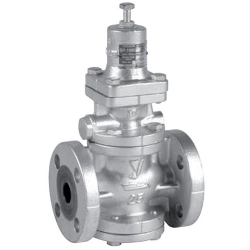 Reducing valve for steam Yoshitake GP-1000EN
Reducing valve for steam Yoshitake GP-1000EN
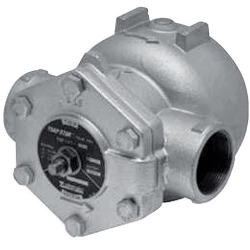 Float steam trap Yoshitake TSF-10
Float steam trap Yoshitake TSF-10
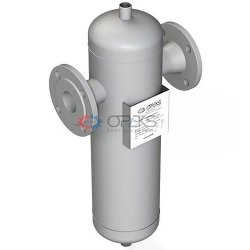 Centrifugal steam separator OPEKS-1-SC16-1-F50
Centrifugal steam separator OPEKS-1-SC16-1-F50
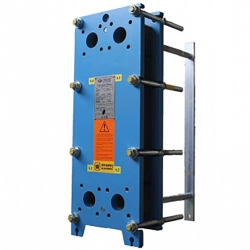 Plate heat exchanger THERMAKS РТА (GC)-16
Plate heat exchanger THERMAKS РТА (GC)-16
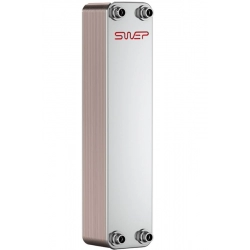 Brazed heat exchanger SWEP B25T
Brazed heat exchanger SWEP B25T
 Brazed heat exchanger SWEP B25THx20
Brazed heat exchanger SWEP B25THx20
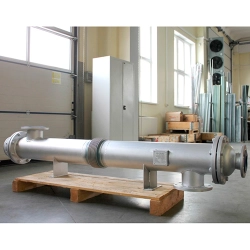 Shell and tube coolers
Shell and tube coolers
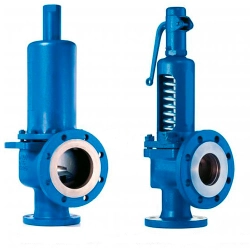 Safety valve LESER 441/442
Safety valve LESER 441/442


